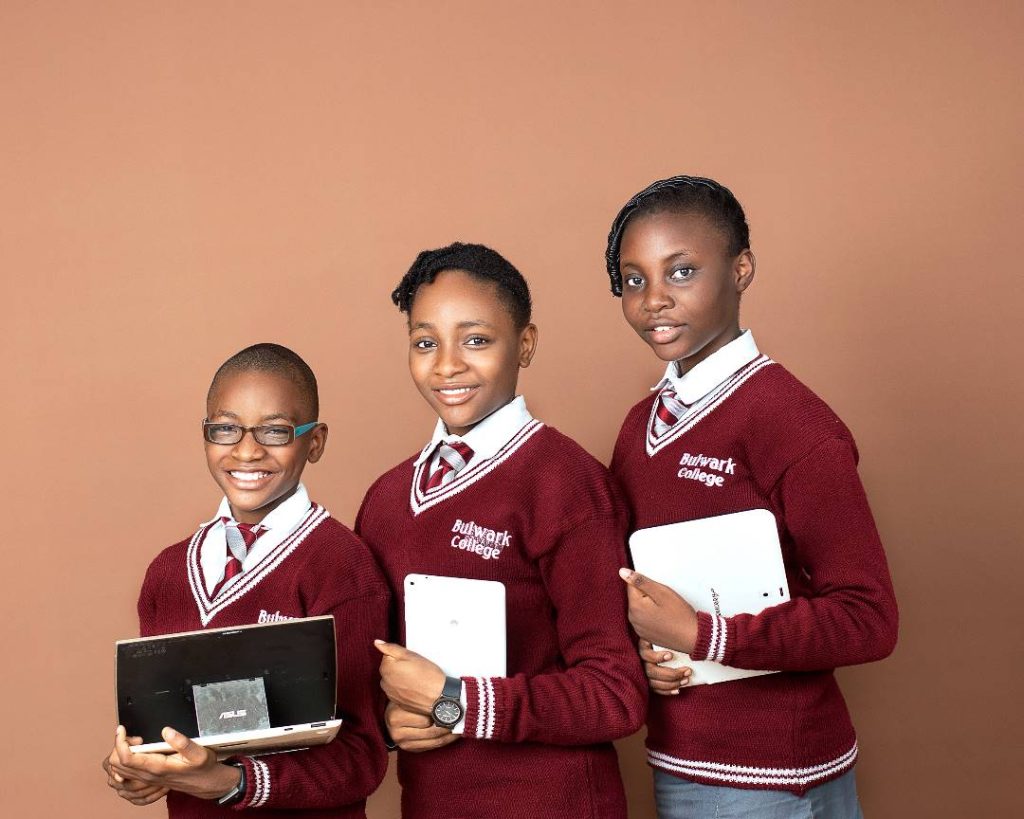
Contact
+2348150749819
+2347053317181
Contact Us
Block 17a, Ivory Garden Estate, Makogi Obafemi-Owode Local Government Ogun State, Nigeria, West Africa
What You Need To Know About Montessori Education
The Montessori approach to education takes its name from Dr Maria Montessori, a revolutionary feminist. She was born in 1870 in Italy and graduated from medical school as the first women doctor in Italy. Through her work with adult-handicapped patients, she was inspired to study and observe children.
In 1907, Dr Montessori further worked with at-risk-children - the first Case de Bambini (House of the children) where she was able to set up an environment in which the children, who had not qualified to enter the public school system, were able to surpass the educational standard of the day.
This extraordinary achievement brought her fame, as the news of this her new educational philosophy and method, developed through scientific observation of children flourished and spread throughout the world. She then began travelling from country to country spreading the method and helping to train teachers in this new method.
Dr Maria Montessori developed her educational philosophy because of her observations of the way children naturally learn. She found that children needed some persuading to do everyday tasks, puzzles or other interesting activities which allowed them not to direct their energy toward destructive behaviours. She described the ages from three to six as a particularly sensitive time during which young children are especially attuned to acquiring knowledge from and about their environment.
To enrich their experience, she developed a "prepared environment", of child sized furniture and materials, to adapt to the surroundings to the child's natural size and behaviour. This helped the children to feel relaxed and comfortable which created in them a strong will to learn. Through this interaction and experience, the children developed an extraordinarily high level of intellectual and social ability at young ages.
Dr Maria Montessori expanded her study of the young child, and gradually refined her approach to all child development areas through her experience and research in countries as diverse as Spain and India until the time of her death in 1952. This Montessori Method of education entered the United States educational system in 1911, and the method is now being successfully implemented with children in nearly every country of the world.
The Method is applied most frequently in pre-school and elementary education grade levels but is very effective in the high school setting as well. Montessori education has no religious affiliation, is not a therapy, nor is it an approach useful only with certain categories of children. In addition, Montessori techniques can be used successfully with all children regardless of whether they are gifted, have learning disabilities or other special needs.
Our culture and philosophy reflect the unique blend of facilities, programs, personality, and interpretation of Dr Montessori’s vision. In Bulwark Montessori Schools:
We begin with a deep respect for children as unique individuals. We work from a deep concern for our pupils’ social and emotional development.
Our classrooms are not run by the teachers alone. Pupils are taught to manage their own community and develop leadership skills and independence.
We believe that children are born intelligent; they simply learn in different ways and progress at their own pace. Consequently, our Montessori approach to education is consciously designed to recognize and address different learning styles, helping pupils learn to study most effectively. Pupils progress as they master new skills, moving ahead as quickly as they are ready.
We bring up our pupils to learn through hands on experience and investigation. They become actively engaged in their studies.
We train our pupils to develop a love for the natural world. Natural science and outdoor education are an important element of our children’s experience.
Our pupils develop self-discipline and an internal sense of purpose and motivation.
Our pupils learn not to be afraid of making mistakes; they come to see their mistakes as natural steps in the learning process.
We prepare our pupils to become global stars who will ultimately rule their world!


